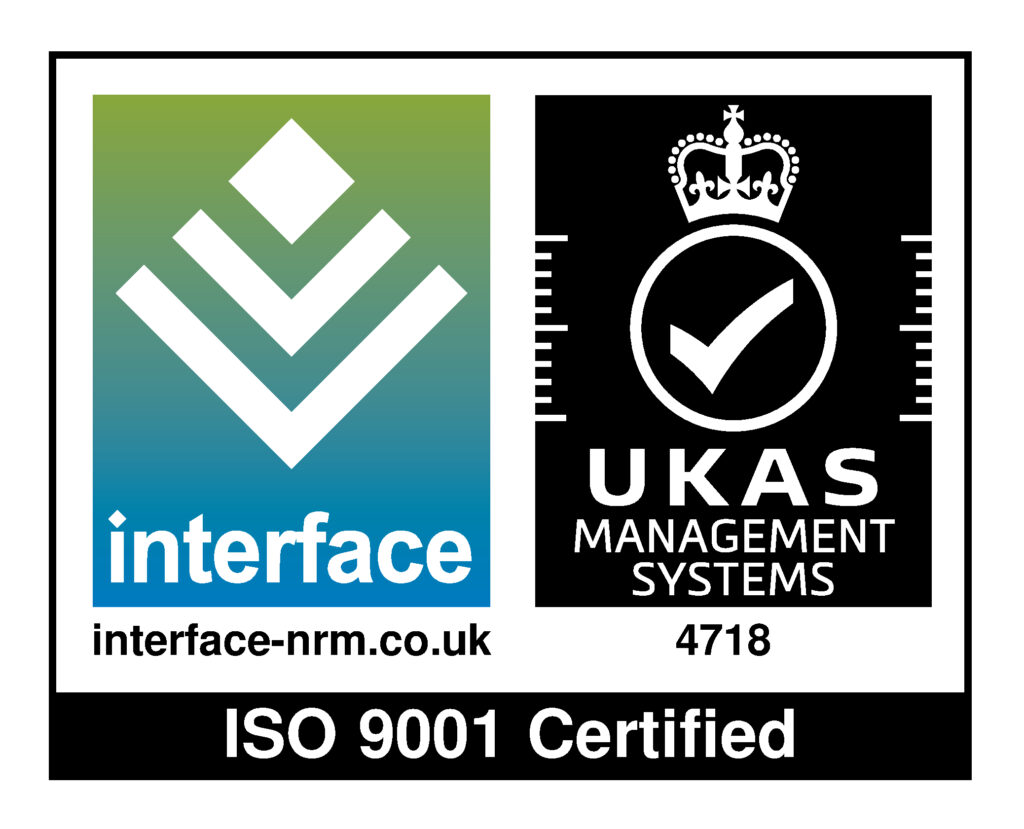Will Skydio Overtake DJI as the Next Big Drone Manufacturer?
Autonomous drone company making a push to become the top UAV manufacturer.
Without question, DJI products have dominated the global commercial drone industry for years now.
In fact, the company controls between 70% and 80% of the market share and, for several years, it’s faced little competition. With such a high percentage of drones coming from DJI, many manufacturers, namely in the United States, have struggled to remain relevant. The tides of fortune, however, may be changing.
Skydio, an autonomous drone manufacturer, currently recognized as the largest in the United States, may just be poised to dethrone the drone giant in the near future.
Adversity in Recent Years for DJI
In 2017, the United States government began raising concerns over the possibility of “cyber vulnerabilities” with DJI drones.
At that time, numerous military units were using popular DJI platforms, such as the Phantom series. In light of the security concerns, the U.S. Navy released a memo on May 24, 2017, titled “Operation Risks With Regards to DJI Family of Products.
By August, the U.S. Army cited the memo when it banned DJI drone use. And, by May 2018, that ban was enforced across all U.S. military branches.
Military experts cited concerns over the security of the data collected by DJI drones. In their opinion, it was relatively easy to hack into the signal to steal both location and visual information from users.
It was also possible to take control of drones during flights. Fears that hacked drones would expose military strategies rose to the highest levels.
Further issues arose for DJI in December 2020.
The United States Department of Commerce placed DJI on its Entity List. Published by the Bureau of Industry and Security, the list identifies people or businesses which the United States government believes pose a security risk.
The commerce department said their primary reason for adding DJI to the blacklist was due to the company “enabl[ing] wide-scale human rights abuses within China through abusive genetic collection and analysis or high-technology surveillance.”
Now, anyone looking to conduct certain types of business with DJI drones, such as exporting or re-exporting products, must now obtain a license to do so.
However, the list doesn’t make it illegal to purchase or use DJI drones, and the company was quick to point out this fact in their official reply. Per DJI’s response, “DJI is disappointed in the U.S. Department of Commerce’s decision. Customers in America can continue to buy and use DJI products normally.”
Skydio's Opportunity
DJI’s problems have opened the door for other drone manufacturers in the United States.
Perhaps no manufacturer is in a better position to capitalize on the situation than Skydio. Founded in 2014, and based in Redwood City, CA, Skydio designs, builds, and supports its drones domestically. The company is known specifically for its AI-driven engine, Skydio Autonomy™.
Initially, Skydio produced a single drone model, the R1, in 2018. The aircraft was marketed to consumers as the world’s first fully autonomous consumer drone. This breakthrough technology’s commercial success allowed the company to move from the consumer market into more industrial applications.
Over the last few years, the company released its second aircraft, Skydio 2. With even more powerful AI technology, the drone was well suited for industrial inspections as well as consumer applications. Last year, Skydio’s systems design engineer, Joe Enke, joined the Unmanned Uncovered podcast to discuss its development.
As the military shied away from DJI, Skydio joined a list of five approved drone manufacturers, along with French manufacturer Parrot, that was approved for military use.
What's Next?
Manufacturers who operate in the United States, and that are already approved for government use, such as Skydio, are already becoming far more attractive to consumers.
In fact, in October 2020, the FAA granted the North Carolina Department of Transportation the first state-wide approval to fly Skydio drones BVLOS for bridge inspections. The groundbreaking waiver is due to reduce taxpayer spend by 75%, and save up to $14,600 per inspection in social disruption cost, just by switching from traditional inspections to drone inspections.
To provide some perspective, NCDOT inspectors are tasked to inspect 13,500 bridges regularly.
If the military’s approval of certain domestically manufactured drones, and the FAA’s granting of a state-wide BVLOS waiver specifically using Skydio’s platforms, is any indication of what is to come, DJI will surely lose market share. The percentage of the market DJI will lose is yet to be seen.
While it’s doubtful that we will see a significant shift overall, but we should expect to see their position erode slightly, as companies like Skydio grow to a much more respectable level.
Regardless of your position on foreign-made UAV security issues, the current developments will be beneficial. With DJI losing some of its hold, more investments will flow into domestic drone companies.
Further investment means a more diverse selection for consumers, increased competition among manufacturers, and overall growth and advancement of the UAV industry.
Will Skydio succeed DJI? Only time will tell.
Ready to Make the Switch?
Drone inspections and surveys cut costs, save time, and provide a safer, greener way of getting the job done.
At Consortiq, we’re here to help you get the data you need while staying within your budget. Whether you need us to do the work for you, or you want us to help you create a drone program and train your pilots, our team of drone experts will help you achieve your goals. With hubs in the United States and United Kingdom, we’ll come to you whether you’re in North America or Europe!
With drones, there’s always a better way. Ready to get started? Just complete the form below for your risk-free consultation!

David Daly - Contributing Author
David Daly, is an award-winning photographer/writer and licensed (FAA) Commercial sUAS pilot. A graduate of the United States Naval Academy, David is a former Marine Corps officer with a BS in Oceanography and has earned his MBA from the University of Redlands. David has worked for Fortune 100 companies and has a background in aerospace, construction, military/defense, real estate, and technology.


